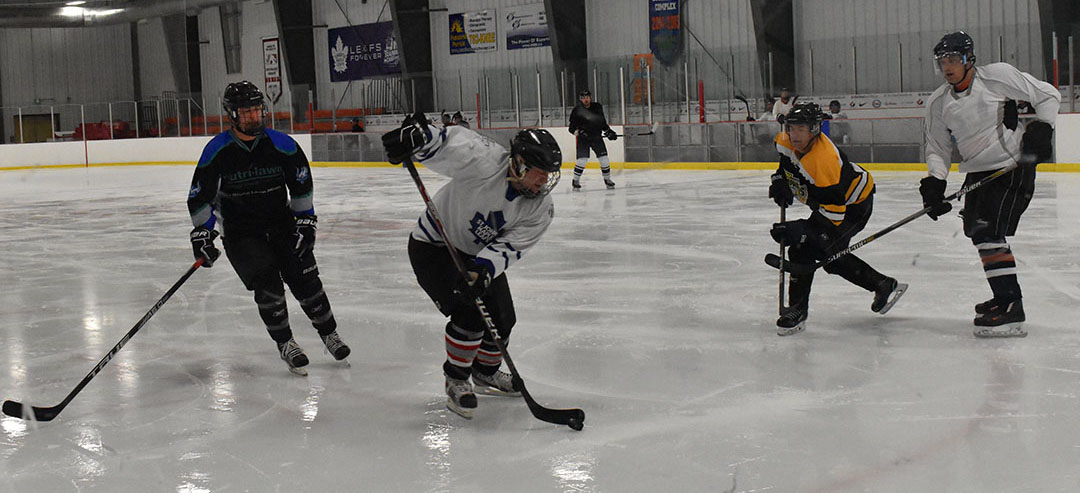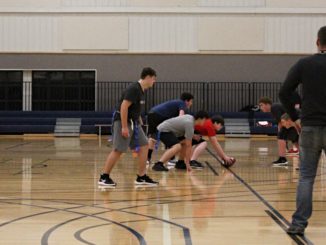Hockey players need to know what insurance covers – and what it doesn’t.
Kyle Curtis
Kicker

Are you covered? Local hockey players need to know what happens after an injury occurs to them.
A recent CBC article reported about Drew Casterton, who was hit from behind playing in a local hockey league in Ottawa back in 2012. He suffers from severe headaches and fatigue caused by the injury and has just now received a settlement of $702,551 in total after suing the player who hit him.
Hockey players love the physical aspect of the game, but what happens when a player gets injured or seriously injures another player? Private medical insurance and the league’s insurance play a huge role when players get injured.
Scott Campbell, director of leagues for Canlan Ice Sports in Toronto, says that any player who is in a league that is registered under Hockey Canada can access benefits through that association.
Campbell says that in a case in which an injured player had private health insurance, a portion of medical expenses would be covered by that plan and a portion would be covered by Hockey Canada’s policy.
“You incur, let’s say, $1,000 worth of physio benefits; you’d get $250 covered from your primary [insurance], the next $500 would be covered from Hockey Canada,” said Campbell. “Then that player would be out of pocket for $250.”
Private medical insurance can be costly for someone who doesn’t have an insurance plan from their workplace. Manulife Insurance’s base plan for a recreational hockey player to get covered is $754.80 a year and will cover up to $250 of yearly physiotherapy bills.
According to Campbell, players from a league who aren’t covered under Hockey Canada’s policy and who don’t have their own primary insurance would have to pay their medical bills themselves.
Agitators can be sued
If an injury is caused by another player, the injured player can sue the culprit to cover missed time and medical bills.
However, Stephen Marshall, a senior partner and lawyer at Roebothan, McKay and Marshall, explains that just because you sue a person for a hockey injury and end up getting a settlement, it doesn’t mean you’ll receive the money immediately.
If the defendant doesn’t have the money to pay the settlement, the plaintiff will have to wait until he or she does. This is because no liability policies in Canada will cover sports-related injuries, meaning the defendant has to pay the settlement out of his or her own pocket.
Marshall himself was injured after a hit from behind into the boards in a non-contact tournament in Florida in April 2019. Suffering from torn biceps and multiple head injuries, he had to undergo reconstructive surgery.
“My only recourse would be if I sued him,” said Marshall.
Marshall didn’t pursue the case because he didn’t want to go through a long judicial process that might not lead to any compensation.
The lawyer says that people who are known to be rough players need to think twice about crushing somebody into the corner. Most players don’t seem to realize that if they seriously hurt someone, they could have a lawsuit on their hands.




Be the first to comment